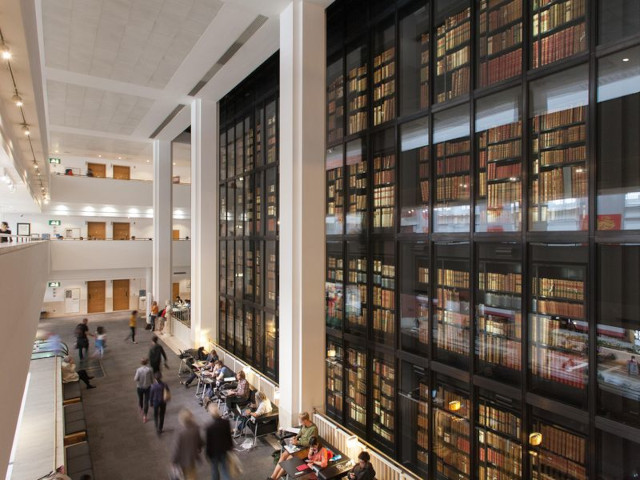
British Library Placement Scheme: Our PhD researcher Jemima Paine shares her experience.
NWCDTP-funded researcher Jemima Hodgkinson is completing her PhD at the University of Liverpool. Her research compares black-edited periodicals published in New York and Paris during the interwar period, 1919-1932. In this piece she reports about her placement experience at the British Library, where she supported a global team of curators to organise the international conference National Libraries Now, which explored the challenges of building and interpreting collections and the practical approaches that are being taken to address them.
In June of this year, I joined a team of curators from the British Library, the Royal Library of Belgium and the National Library of Jamaica to help organise National Libraries Now, an online conference for national library professionals around the world. My tasks included: reviewing and selecting submitted proposals; promoting the conference via social media and email subscription services; creating a conference schedule according to shared themes and, crucially, coordinating participant availability across the multiple timezones.
As it happens, organising a conference is a lot like planning a wedding – I share from experience, having spent every spare moment during the first month of the placement making final preparations for my own wedding in July 2021. I was pleased to put to good use my capacity for dealing with a constant stream of admin—not to mention my new-found passion for drawing up a guest seating plan—when grouping submissions into panels for the conference.
When the team first started planning NLN2021 back in 2019, they intended it to be an in-person conference…we all know how the story goes from there. Fast forward to 2021 and we are juggling Zoom subscriptions, internet connectivity issues, and conflicting timezones. But, for all its added complications, one huge advantage of moving the conference online was how it increased accessibility: we accepted proposals from professionals from across Europe, Asia, Africa, and Oceania, a number of whom would not have had the means to travel to London in person. Such were the positive outcomes of this increased accessibility that we will likely adopt a hybrid model of online and in-person events for the next NLN conference in 2023.
Before we knew it, the first day of the conference had arrived – and we went live. Over two days, we heard provocative interventions on the theme, “What is a National Library?”, and hosted panel discussions on everything from digital tools to legal deposit, unconscious bias to sustainability, and all with only the tiniest of technical hiccups. A resounding success! I spent the final two months of the placement continuing the momentum of the conference to establish an ongoing network for national library professionals, in the hope that a different group of national libraries will step up to lead NLN2023.
From day one of this placement, I was welcomed as a valued member of the team and given ample opportunity to contribute my ideas for the conference. Outside of organising the conference, my placement supervisor Lucy Rowland, Curator of Oceania and Western-language Asian Published Collections, introduced me to a number of her colleagues at the British Library. I shadowed Lucy in her day-to-day tasks as a curator, and joined her in departmental meetings.
The placement was a dynamic and enriching experience, one which developed my interpersonal and organisational skills in a professional context distinct from, but complementary to, the academic field of the Humanities. I would recommend every DTP student to seek out a similar work placement as part of their doctoral training: the opportunities on offer are wide-ranging and the experience gained in a different sector will be of benefit to the remainder of their doctorate and beyond.
This project was part of the British Library Placement Scheme, funded by the NWCDTP as part of our support for students undertaking placements within National and International Schemes. You can read more about Jemima’s placement project and a full account of her goals and results here.

0 Comments